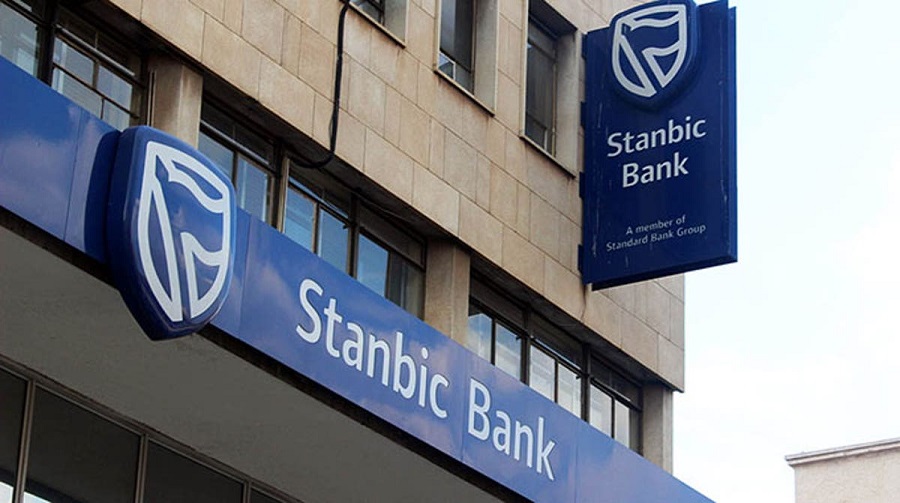Business
Stanbic IBTC Nigeria PMI for Nigeria remains unchanged at 51 as companies record increase in selling price

The Stanbic IBTC Bank Purchasing Manager Index (PMI) remained unchanged at 51.0 in March, the joint-lowest in four months as the impact of currency weakness on the Nigerian private sector was evident again in March.
The Stanbic IBTC Bank PMI report stated that purchase costs rose at the sharpest rate on record, meaning companies increased their own selling prices at an unprecedented pace.
The rate of expansion in business activity ticked higher, but steep price rises acted to limit demand and the pace of new order growth eased to a four-month low. Meanwhile, employment decreased for the second month running. The headline figure derived from the survey is the Purchasing Managers’ Index.
Readings above 50.0 signal an improvement in business conditions on the previous month, while readings below 50.0 show a deterioration.
The headline PMI was unchanged at 51.0 in March, the joint-lowest in four months. The latest reading pointed to a slight improvement in business conditions during the month, and one that was softer than the series trend. Price pressures remained elevated in March.
In fact, the rate of purchase price inflation hit a fresh record high for the second consecutive month, largely due to the impact of currency weakness.
There were also some reports of higher transportation costs. Employee pay was also increased in response to cost-of-living pressures, resulting in the sharpest rise in staff costs since last November.
In line with the picture for purchase costs, the rate of output price inflation was also the steepest since the series began in January 2014 as close to 69% of respondents increased their charges over the month. With prices rising sharply, firms faced challenges securing new orders.
Although new business increased for the fourth month running as some companies noted greater client interest, the rate of expansion was the softest in the current sequence of growth.
The rate of expansion in business activity quickened slightly from February, but remained relatively modest. Increases in activity were seen in each of the agriculture, manufacturing, wholesale & retail and services categories.
While output and new orders continued to rise, employee resignations caused staffing levels to decrease marginally for the second month running. Purchasing activity returned to growth, however, following a reduction in the previous survey period. Where input buying increased, this was linked to efforts to meet new order requirements in a timely manner.
READ ALSO: Stanbic IBTC surpasses ₦1tn Asset under Management
This was also a factor behind sustained growth of inventories. That said, backlogs of work ticked higher amid the high cost of materials and delays in payments by customers. Suppliers’ delivery times, meanwhile, continued to shorten, in part thanks to muted demand for inputs and prompt payments. Confidence in the year-ahead outlook for business activity strengthened from the previous month’s record low, but remained relatively weak at the end of the first quarter of the year.
By Babajide Okeowo
Join the conversation
Support Ripples Nigeria, hold up solutions journalism
Balanced, fearless journalism driven by data comes at huge financial costs.
As a media platform, we hold leadership accountable and will not trade the right to press freedom and free speech for a piece of cake.
If you like what we do, and are ready to uphold solutions journalism, kindly donate to the Ripples Nigeria cause.
Your support would help to ensure that citizens and institutions continue to have free access to credible and reliable information for societal development.
























